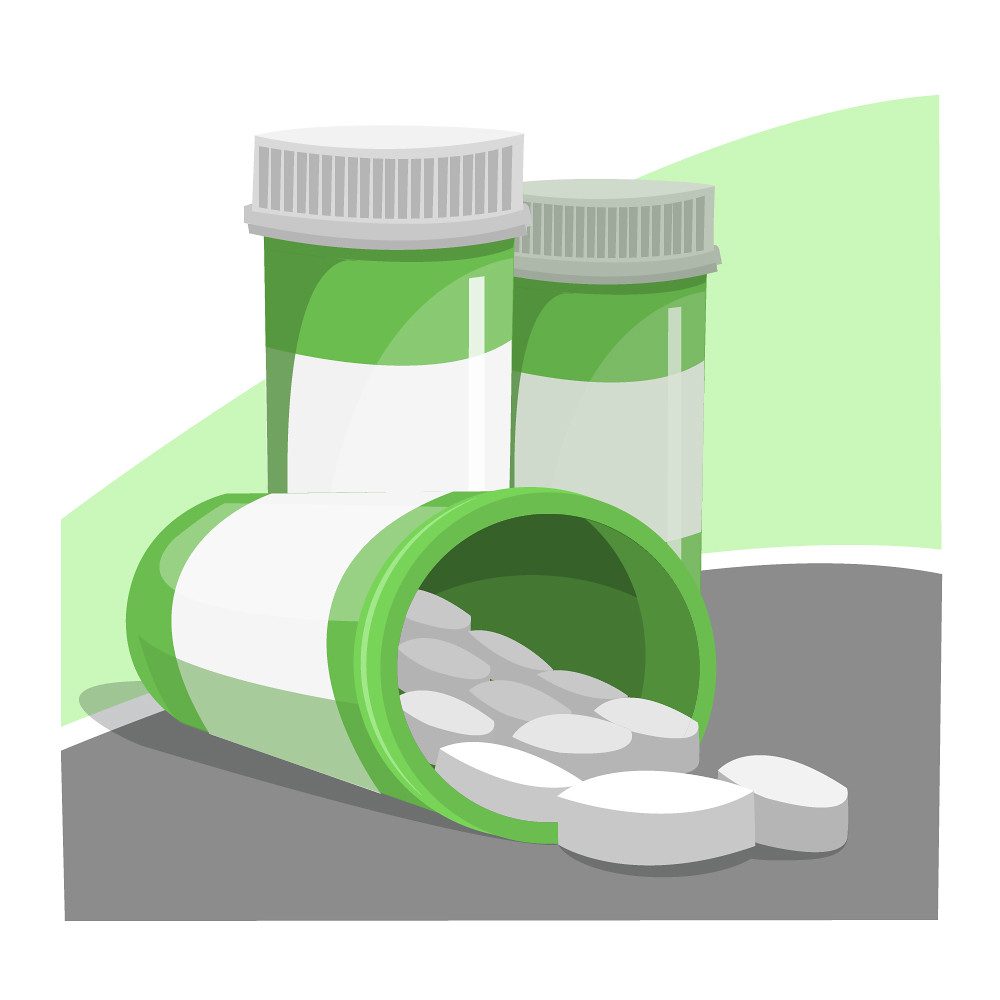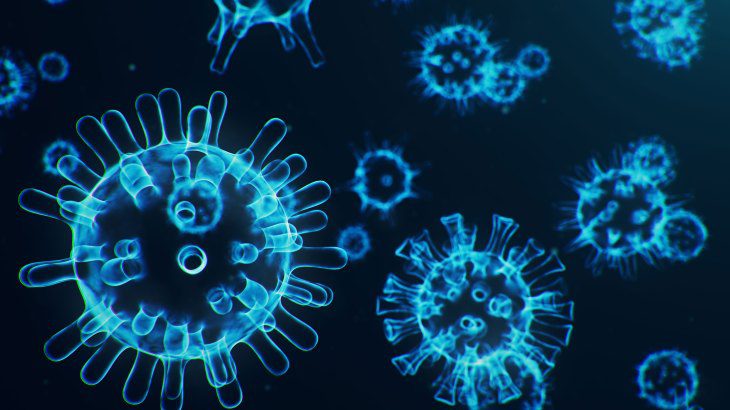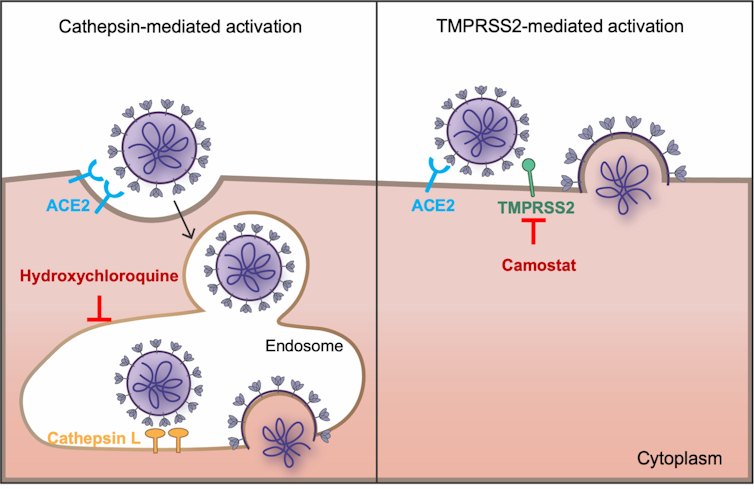The anti-malaria medicine hydroxychloroquine, which has been controversially marketed as a cure for COVID despite a lack of convincing data, generates fresh attention as a possible therapy for omicron.
Recent research from the University of Glasgow, which has yet to be published in a scientific publication, has stirred the debate by examining how antibodies from vaccinations prevent omicron from entering cells.
As have many others, the researchers conclude that antibodies (proteins that neutralize the virus) produced by vaccinations or against prior versions are less efficient against omicron.
What’s intriguing is that the researchers discovered that omicron may have altered the way it penetrates cells.
The virus that causes COVID, SARS-CoV-2, is covered in a lipid bilayer (a thin two-layer membrane), exactly like human cells.
When the virus reaches our cells, the bilayers merge, similar to oil droplets on the surface of the water, a process known as “membrane fusion.”
Membrane fusion occurs when the SARS-CoV-2 spike protein binds to the ACE2 receptor on the cell surface, although it may occur in two locations (see diagram below).
Membrane fusion may happen on the cell’s surface or after the SARS-CoV-2 virus is absorbed in an endosome.
Coronavirus Reaches your Cells in Two Ways
Endosomes form when the cell’s membrane folds back in on itself, generating a bubble of outer material within the cell to absorb nutrients.
Usually, the cell will filter through the material, retaining essential nutrients while rejecting others.
Many viruses, however, employ endosomes to enter cells.
This suggests that SARS-CoV-2 may enter cells through the surface or an endosome.
According to the University of Glasgow research, omicron has acquired mutations that boost its capacity to infiltrate human cells through endosomes – which is where hydroxychloroquine comes into play.
Hydroxychloroquine (HCQ) is a medication that accumulates in endosomes and reduces their acidity, causing their function to be disrupted. Making endosomes less acidic lowers membrane fusion and hence the capacity of SARS-CoV-2 to enter cells.
In Consequence, HCQ Could have Antiviral Properties
This might be how HCQ works as an anti-malarial and anti-inflammatory agent (although some researchers dispute this).
It is crucial to note that the current research does not examine the impact of HCQ on omicron.
Hydroxychloroquine has had a challenging pandemic.
During the epidemic, HCQ has become well-known. Science fraud specialist Elisabeth Bik questioned the ethics, deadlines for the studies, a lack of randomization for patients, and missing data in the first research suggesting HCQ is beneficial against COVID.
The work’s principal author, Didier Raoult, then filed a criminal case against Bik for moral harassment, blackmail, and extortion.
During this time, the French president, Emmanuel Macron, pushed HCQ – I guess in favor of a fellow Frenchman – while Donald Trump backed the drug’s usage for reasons only known to Donald Trump.
More oddly, research published in The Lancet claimed that HCQ therapy increased deaths; however, this latter study has also been accused of data falsification.
Throughout this, other researchers have failed to identify any good advantages or significant signs of adverse effects for HCQ.
So far, HCQ has been a perfect example of science at its worst.
But Will Hydroxychloroquine Work against Omicron?
Experts are not convinced that using HCQ to treat omicron infections is good.
The researchers at the University of Glasgow reveal that omicron penetrates cells through endosomes more than other variations, but they do not establish that omicron is confined to utilizing endosomes.
It may still enter the cell through the cell surface.
Using HCQ to prevent omicron from entering cells through endosomes would decrease the virus’s ability to enter cells minimally.
To demonstrate that HCQ is effective against omicron, researchers must infect cells with omicron in the presence and absence of HCQ and see a substantial drop in infectivity.
If research demonstrates that HCQ is effective against omicron, it might be prudent to put HCQ through a clinical study.
However, unlike in March 2020, when HCQ was initially proposed as a therapy, we now have a plethora of medications to treat COVID, including antivirals like molnupiravir and remdesivir anti-inflammatories like dexamethasone and antibody treatments.












Leave a Reply